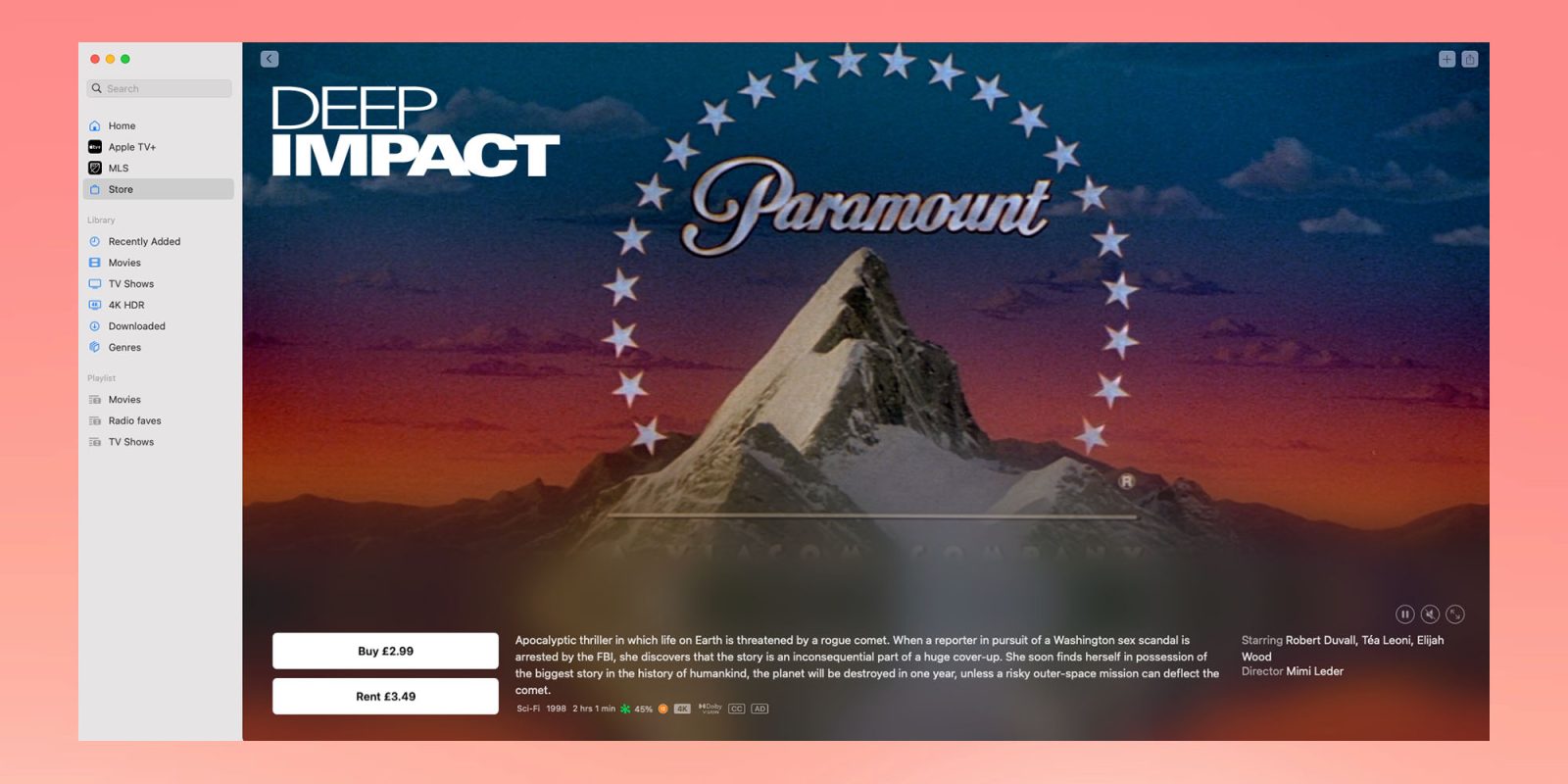
After Click to Cancel legislation for subscriptions, California has introduced another piece of consumer protection legislation for buying digital content.
It will force companies to tell you when you won’t actually own the content you think you’re buying – something which has occasionally been true for iTunes purchases …
The problem with ‘buying’ digital content
There have been numerous examples of consumers thinking they are buying digital content, which remains theirs for life, only to find it unceremoniously removed – sometimes years later.
For example, two class action lawsuits were filed against Apple back in 2021 for using the word “buy” for iTunes movies when these can, in rare circumstances, be later removed from your library.
Both lawsuits make the same complaint: that the iTunes store wording says that you can “buy” or “rent” movies, while the reality is that you can only license them – and that license can be later withdrawn.
There have been examples of people losing access to content purchased from iTunes, though these do appear to be edge cases. Similar complaints have been made about the fact that you don’t actually own e-books purchased from Amazon.
Apple continues to use a “Buy” button in the Apple TV app today.
A similar thing happened earlier this year when Ubisoft revoked access to the online-only racing game The Crew after people had bought it.
California law on digital content purchases
California has introduced AB 2426: Consumer protection: false advertising: digital goods. This says that companies aren’t allowed to use the words “buy” or “purchase” unless they clearly state exactly what is meant by this, and tell you if there is a risk that you might someday lose access.
Existing law makes a person who violates specified false advertising provisions liable for a civil penalty, as specified, and provides that a person who violates those false advertising provisions is guilty of a misdemeanor.
This bill would, subject to specified exceptions, additionally prohibit a seller of a digital good from advertising or offering for sale a digital good, as defined, to a purchaser with the terms buy, purchase, or any other term which a reasonable person would understand to confer an unrestricted ownership interest in the digital good, or alongside an option for a time-limited rental, unless the seller receives at the time of each transaction an affirmative acknowledgment from the purchaser, or the seller provides to the consumer before executing each transaction a clear and conspicuous statement, as specified.
Image: 9to5Mac collage using Fruit Basket on Unsplash
FTC: We use income earning auto affiliate links. More.

 1 month ago
19
1 month ago
19








 English (US) ·
English (US) ·